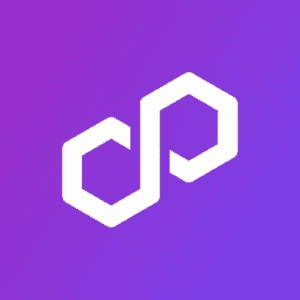I stopped this morning, coffee in hand, and thought about consensus. Not just as an algorithm, but as an act of collective trust: 'I delegate, you validate, we move forward.' In that moment, I understood the wonder that Polygon represents.

From its birth as Matic Network to its renewed identity, Polygon adopted an ambitious mission: to scale Ethereum from within, without betraying security.
Like a walker stepping on thin ice, the network must balance speed, cost, and decentralization. And that is where the work acquires philosophical nuances: speed without control is chaos; control without speed is obsolescence.
In technical terms:
Polygon offers a modular architecture that allows developers to choose the right lever: PoS sidechains for cheap throughput, zk-rollups for privacy and intensive mathematical verification.
What does this mean for the economy? Less friction → more transaction volume → new business models. Imagine micropayments, blockchain subscriptions, tokenized economies where every second counts.
But the human vision is not left behind. From the trenches of content creation, I think: if I want to narrate something valuable on Binance Square, I am not just telling technology; I am telling how that technology changes lives. How a Latino entrepreneur can launch their DApp with minimal fees and compete globally.
And that's where POL comes in: it is not just a technical token. It is the symbol of an emerging economy, where the frontier is no longer national, it is digital.
What are the challenges? Governance, real adoption, competition from other L2s. But if we look at the ecosystem, we see that Polygon is already in motion. From strategic alliances to institutional funds.
The final question I always ask myself when preparing these articles for you is: how can we contribute? How can we become creators who not only inform but inspire?
Like, quote, and share to expand this vision.
I am NómadaCripto, exploring the future of money and digital awareness.
